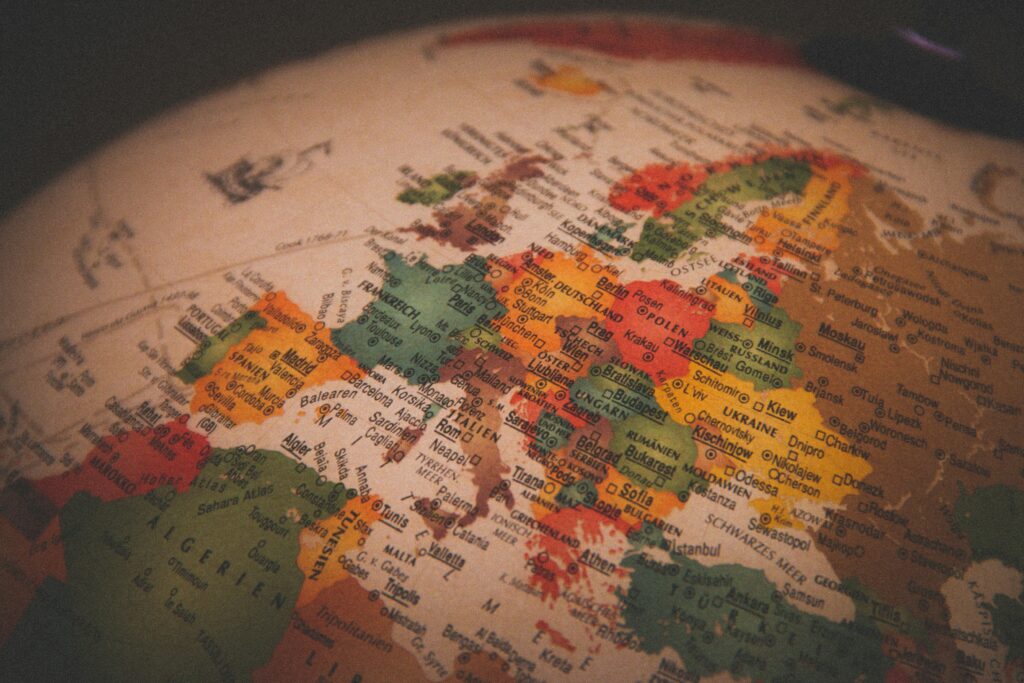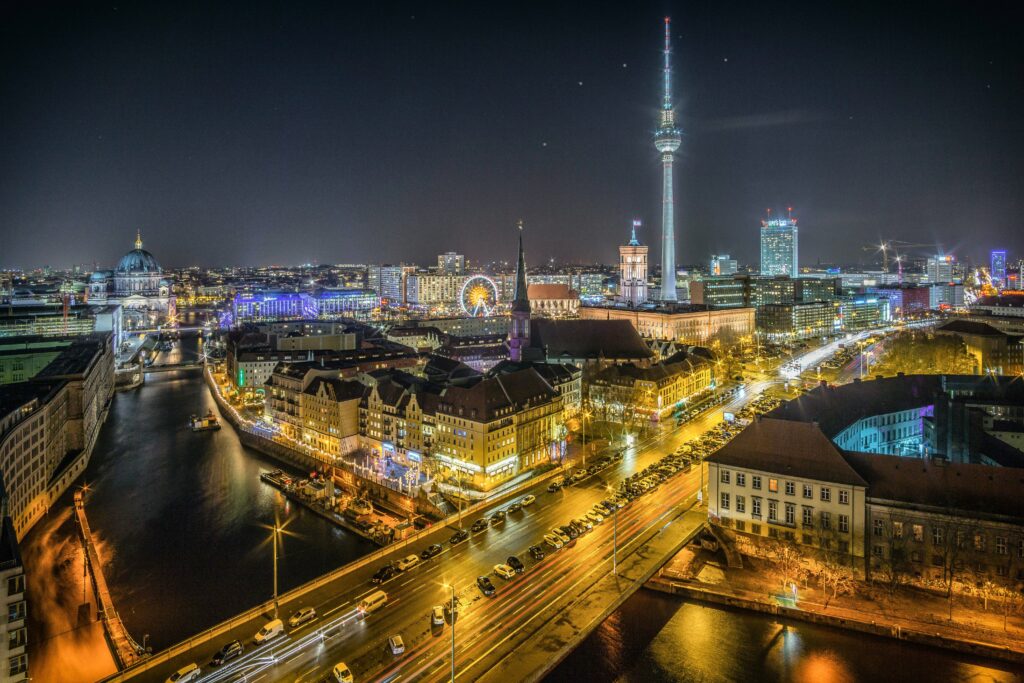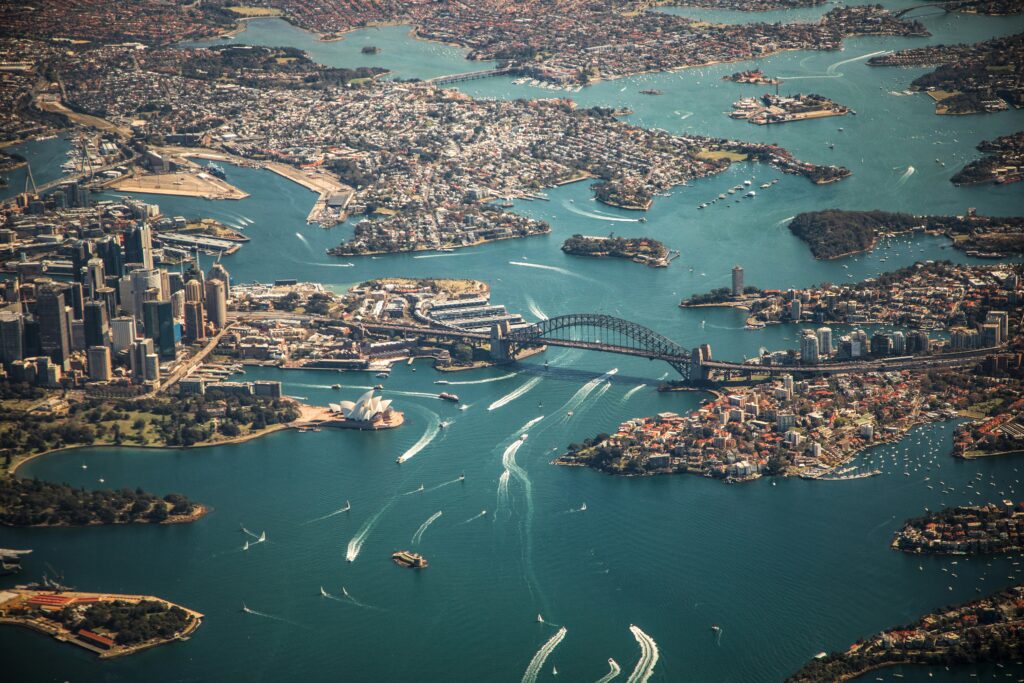Leading Object Detection Companies in France

France is a hub of innovation and technological advancement, particularly in the field of artificial intelligence (AI) and machine learning (ML). The country is home to several prominent companies specializing in object detection, offering advanced solutions that enhance efficiency and precision across diverse sectors, including automotive, healthcare, retail, and security. In this article, we explore […]
Top Object Detection Companies in Qatar

Object detection technology has become a crucial component in various industries, from security and surveillance to automation and retail. In Qatar, several companies are at the forefront of developing and implementing advanced object detection solutions. These companies leverage artificial intelligence and machine learning to provide cutting-edge technologies that enhance operational efficiency and security. This article […]
Top Object Detection Companies in Saudi Arabia

Object detection technology has become a pivotal component in various industries, ranging from security and surveillance to manufacturing and retail. In Saudi Arabia, several companies are at the forefront of this innovation, providing advanced AI and machine learning solutions to meet the growing demand for precise and reliable object detection. This article highlights the top […]
Top Object Detection Companies in UAE

The UAE is rapidly becoming a hub for advanced technology and innovation, particularly in the field of object detection. This article highlights some of the top companies in the UAE that are spearheading advancements in computer vision and AI, providing state-of-the-art object detection solutions across diverse sectors such as security, retail, transportation, and healthcare. Discover […]
Best Object Detection Companies in Europe

Object detection technology is revolutionizing numerous industries by enabling machines to identify and analyze objects in images and videos. Europe is home to some of the most innovative companies in this field, offering advanced solutions that enhance efficiency, safety, and decision-making across sectors such as retail, healthcare, agriculture, and more. In this article, we explore […]
Leading Computer Vision Companies in France

France has emerged as a hub for cutting-edge technology, particularly in the realm of computer vision. This field, which involves teaching machines to interpret and make decisions based on visual data, is being transformed by numerous innovative French companies. These companies are at the forefront of developing solutions that range from advanced facial recognition systems […]
Leading Computer Vision Companies in Germany

Germany is home to a thriving ecosystem of computer vision companies, driving significant advancements in artificial intelligence, machine learning, and robotics. These companies are pushing the boundaries of technology, offering innovative solutions that enhance efficiency and accuracy across numerous sectors, including automotive, healthcare, manufacturing, and security. In this article, we will explore some of the […]
Leading Computer Vision Companies in the USA

Computer vision technology is revolutionizing various industries by enabling machines to interpret and understand the visual world. In the USA, numerous companies are at the forefront of this innovation, developing cutting-edge solutions that enhance everything from security and healthcare to automotive and retail sectors. This article explores some of the top computer vision companies in […]
Computer Vision Companies in Australia

Australia is home to a thriving ecosystem of computer vision companies that are pushing the boundaries of artificial intelligence and machine learning. These companies are developing innovative solutions that enhance various industries, from healthcare and retail to agriculture and transportation. By leveraging cutting-edge technology, these firms are transforming data into actionable insights, improving efficiency, and […]
Leading Computer Vision Companies in Oman: Innovators in AI Technology

Oman is emerging as a hub for technological innovation, with a growing number of companies specializing in computer vision and artificial intelligence (AI). These firms are at the forefront of revolutionizing industries such as healthcare, retail, and security through advanced AI solutions. In this article, we explore some of the top computer vision companies in […]